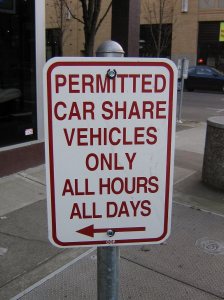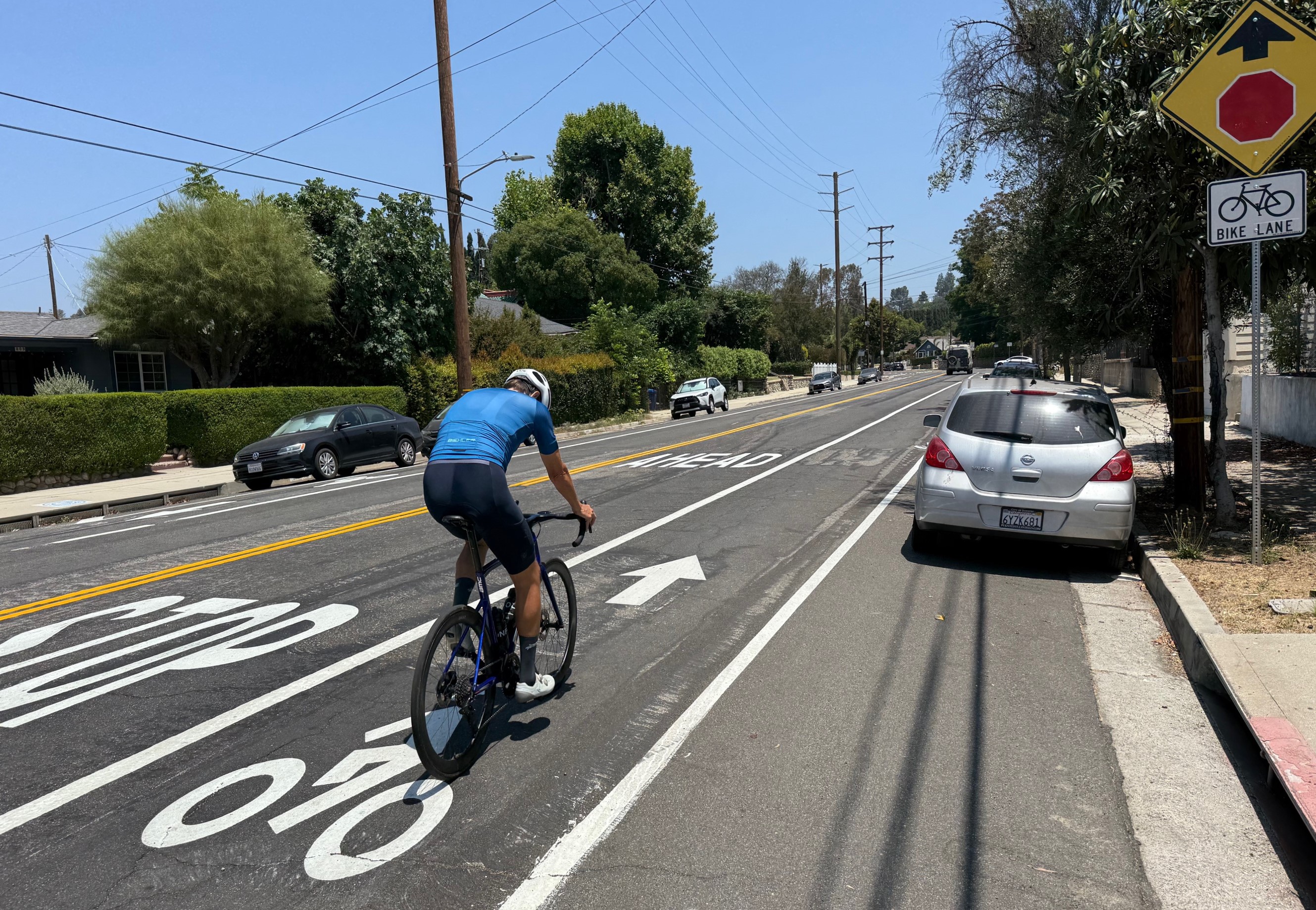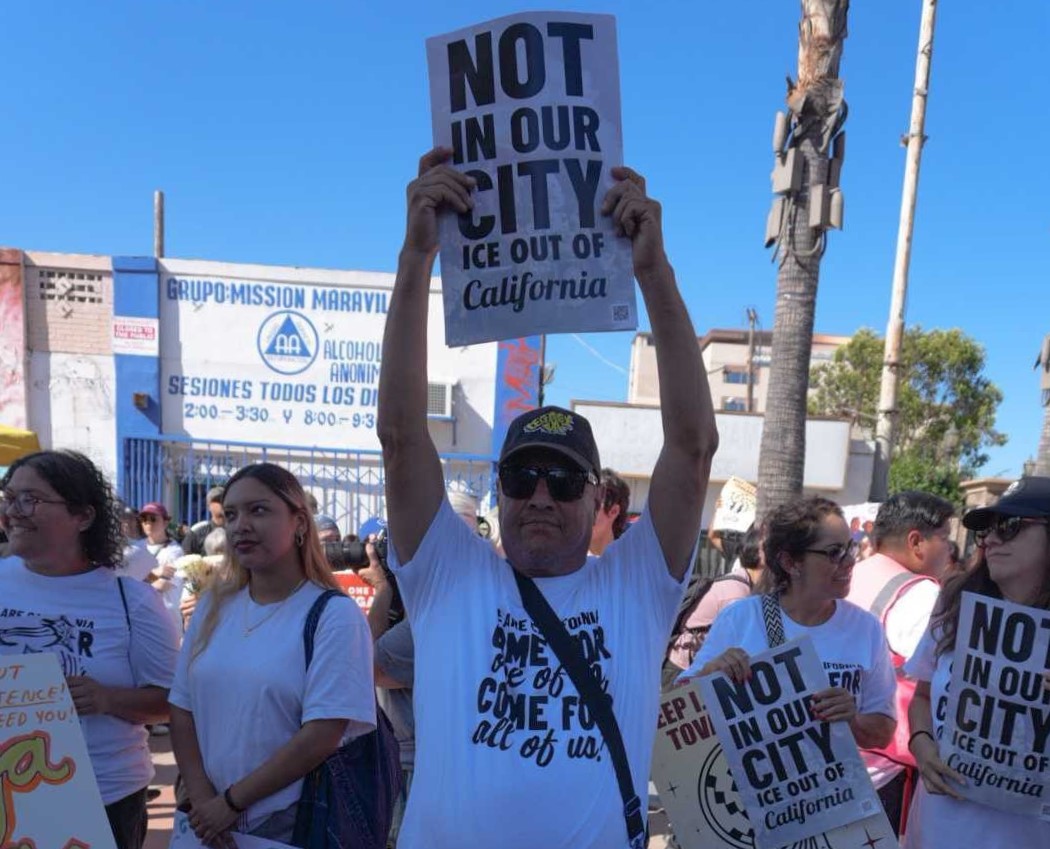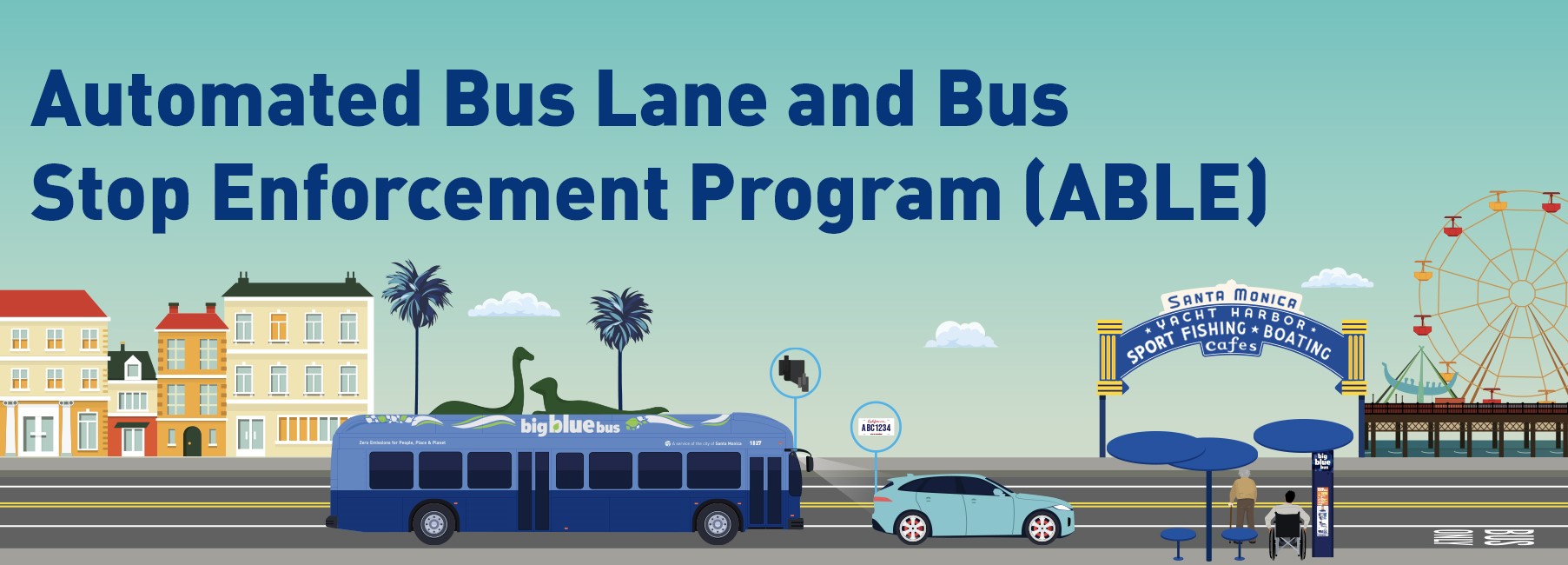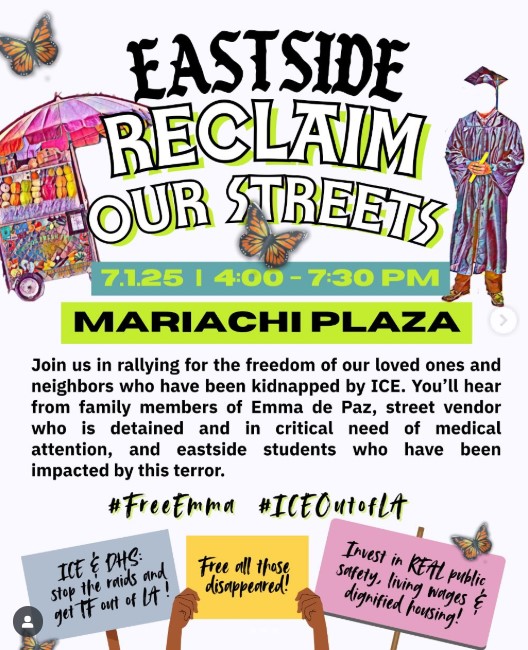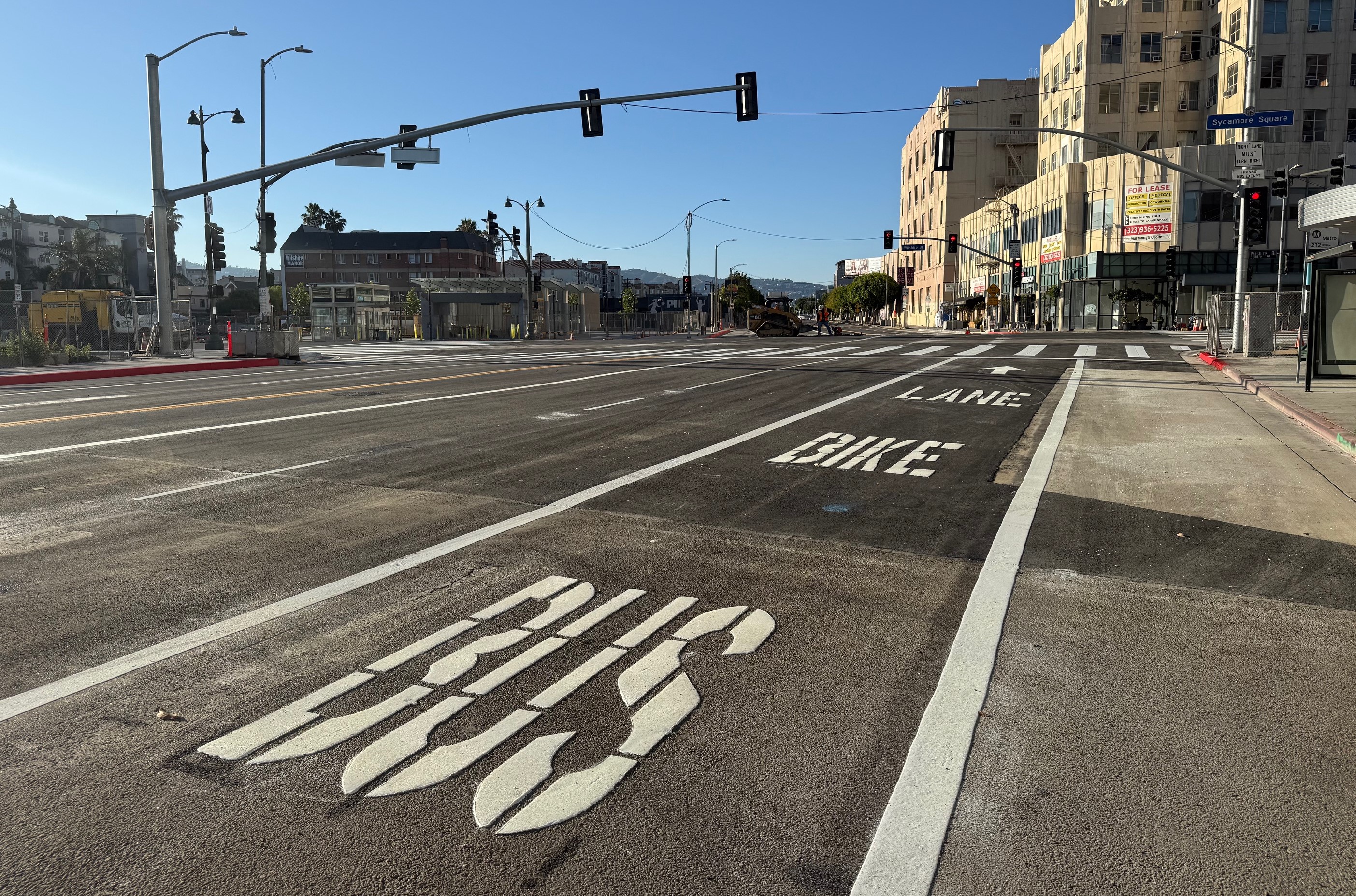(This is part two of our series on reader’s response to last week’s series on Buy Here Pay Here used car dealerships. Earlier, Streetsblog published the comments of Joe Linton, Roadblick, Adrian Martinez, Damien Goodmon and Allison Mannos. Yesterday, Streetsblog published a more detailed response from Occidental College Professor Mark Vallianatos. Today, we feature a piece by Community Voice Newspaper Editor and Eastside Bike Club President Carlos Morales. Stick with this story until the end, it's worth it. – DN)
My take on proving a solution to this problem would be to create a communal car pool system.
Large corporations are the only companies that I am aware of that have formed and utilize carpools to gain tax credits for both the employee and employers. Employees use this incentive to save on their gas expenses and parking fees while employers utilize it gain another tax shelter.
If families or community participants can pull their money together set up a "Cundina" or "Tanda" which is interest free way of saving money (it is their own money.) This systematic lottery is very common in Mexico and seems to have started in Puebla Mexico in the late 1800's modeled after Chinese workers came to Mexico with the "Hui" a communal rotating credit association. This practice has crossed and spread over to other communities across this country.
Here is how the cundina works: A group of trusted friends / family members / neighbors get together decide on a leader, which will be in charge of the collection and distribution of money. The group decides on the amount of money to be collected and how often the pot is awarded (each week, month or other pre-arranged time frame.)
It starts by each participant pulling a number which is written on a piece of paper that has been placed from a bowl, a hat or a box. The amount of numbers are determined by the amount of participants, if there are ten participants for example the numbers will range from one thru ten. The person who pulls number one gets the first distribution of funds, then number two the next time and so on.
If twenty participants join with $25 a week and the payout is each week would be $500. Each week, every participant will pay $25 to the leader, and once the leader has received payments from everybody for the pre-determined given period, he'll give the money to the person who's turn it is to be paid, then the process repeats until very member receives their money.
An article that appeared in the LA Times many years ago was on a group of local Korean merchants that met once a month in Koreatown. The merchants were part of their neighborhood watch group and will meet monthly at a restaurant with $500 in hand. One month at a time, each used the $2,500 to buy a ham radio so team members can communicate while patrolling their neighborhoods.
A solution may be to start a condina and utilize the money to purchase a communal vehicle and insurance amongst its participants and start a communal carpool system within these communities. It will be their money, their insurance and available for them to get to work and back. They can start another condina for $10 a week to sustain the maintenance and gas for the vehicle as an example.
There are many challenges with this model, but like in any new concept there are always challenges. The more obvious are you need to have a trusted group that will follow thru on making the payments. Next is to determine perimeters how the vehicle will be utilized and where will it be housed and maintained.
This model can also be established to purchase communal bikes or purchasing bikes for everyone within the groups and working prearranged discounts from local bike shops.
When we learn from our predecessors and use our communal strengths to evolve ideas for the betterment of our community, that is when true out the box solutions can be achieved to change our circumstances.
